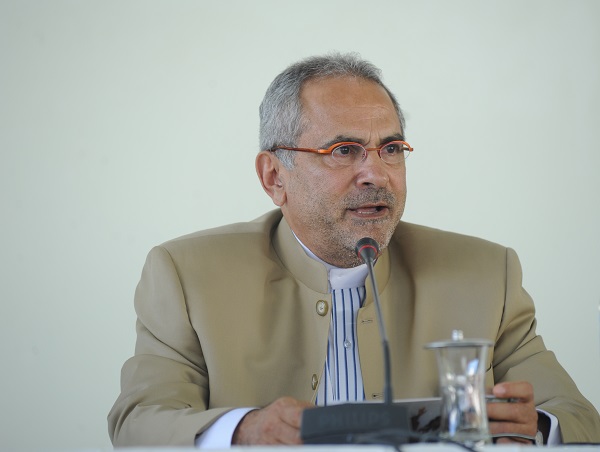Interpeace programme in Timor-Leste seen as major step forward for the country

Opened by the 1996 Nobel Peace Prize Co- Laureate and President of Timor-Leste, H.E. President José Ramos-Horta, senior political leaders from the Timorese government, opposition, justice, army and police actively participated alongside representatives from academia, the church, youth, martial arts groups, internally displaced people, women, business leaders and other NGOs. They were joined by delegations from each of the country’s 13 districts ensuring that there will be a connection by the local population to the overall peacebuilding process.
Over 30 ‘burning issues’ were discussed. These issues came out of the facilitated workshops and consultations the Interpeace local partner, the Centre of Studies for Peace and Development (CEPAD), have been holding across the country for the last 18 months.
The most pressing issues to be addressed:
- The promotion of individual and party interests over the national interest
- The ineffective formal judicial system and the culture of impunity
- The need for a common narrative of the occupation and resistance relating to independence from Portugal, the Indonesian occupation and the struggle to create a nation
- Corruption, collusion and nepotism (referred to by Timorese as ‘KKN’)
